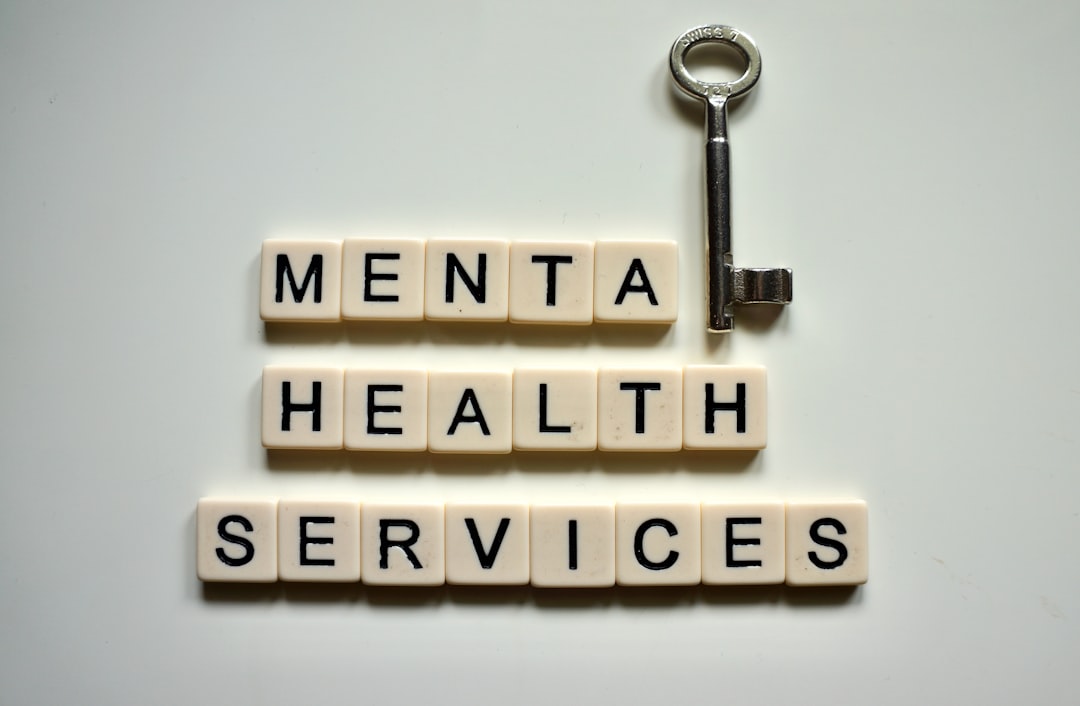
Empowering Proactive Strategies for Optimal Mental Wellbeing
Mental wellbeing is paramount to leading a fulfilling life. It encompasses emotional, psychological, and social dimensions that affect how we think, feel, and act. The importance of prioritizing mental wellbeing has gained significant attention in recent years, with research indicating that proactive strategies can effectively enhance our mental health. In this guide, we will explore empowering strategies that can help you cultivate optimal mental wellbeing.
Understanding Mental Wellbeing
Mental wellbeing is more than just the absence of mental illness. It involves a state of balance that allows an individual to cope with the stresses of life, work productively, and contribute to the community. According to the World Health Organization, mental health is a state of well-being in which every individual realizes their own potential, can cope with the normal stresses of life, can work productively, and is able to make a contribution to their community.
Proactive Strategies for Mental Wellbeing
1. Mindfulness and Meditation
Mindfulness practices, including meditation, can significantly reduce stress and improve emotional regulation. Research has shown that incorporating mindfulness into daily routines can lead to a decrease in anxiety and depression symptoms. Start with just a few minutes each day, gradually increasing the time as you become more comfortable. Apps such as Headspace or Calm can provide guided sessions to help you get started.
2. Regular Physical Activity
Exercise is not only beneficial for physical health but also plays a critical role in mental wellbeing. Engaging in physical activity releases endorphins, which are known as “feel-good” hormones. Aim for at least 150 minutes of moderate aerobic activity each week, such as brisk walking or cycling. Incorporating activities you enjoy can make it easier to stick with a routine.
3. Balanced Nutrition
What you eat can have a profound impact on your mental health. A diet rich in fruits, vegetables, whole grains, and lean proteins can support brain health. Omega-3 fatty acids, found in fish and flaxseeds, are particularly beneficial for mood regulation. Consider consulting a nutritionist for personalized dietary advice that aligns with your mental wellbeing goals.
4. Social Connections
Building and maintaining strong social relationships can enhance your mental wellbeing. Engaging with friends and family, joining clubs, or participating in community events can create a support network that fosters resilience. Make an effort to reach out to loved ones regularly, and don’t hesitate to seek new connections through local groups or online communities.
5. Sleep Hygiene
Adequate sleep is crucial for optimal mental functioning. Poor sleep can exacerbate stress and anxiety, while quality sleep promotes emotional stability. Establish a calming bedtime routine, limit screen time before bed, and create a restful environment to improve your sleep quality. Aim for 7-9 hours of sleep per night.
6. Journaling
Writing down your thoughts and feelings can provide clarity and help process emotions. Journaling can serve as a form of self-reflection, allowing you to identify patterns and triggers in your mental health. Set aside time each week to journal, focusing on what you are grateful for and any challenges you may be facing.
7. Therapeutic Practices
Seeking professional help from a therapist or counselor can be a transformative step towards better mental health. Therapy can provide the tools needed to manage stress, work through past traumas, and build coping strategies. Cognitive-behavioral therapy (CBT) has proven particularly effective in treating various mental health issues.
Addressing Common Misconceptions
Many individuals believe that mental health is solely determined by genetics or that seeking help signifies weakness. However, mental health can be improved through proactive measures, and asking for help is a courageous step towards healing. It’s essential to recognize that everyone has mental health, just as they have physical health, and taking action to care for it is vital.
Encouragement on Your Wellness Journey
Embracing mental wellbeing is a continuous journey that requires patience and commitment. By implementing these proactive strategies, you can empower yourself to lead a healthier, more balanced life. Remember, improvement takes time and consistency, so celebrate small victories along the way.
For further reading on mental health, consider exploring resources such as Mental Health America or The Anxiety and Depression Association of America. These platforms offer tools and information that can assist in your wellness journey.
By prioritizing your mental wellbeing through these strategies, you set the foundation for a healthier, more fulfilling life. Encourage your friends and family to join you in this commitment, share this article, and consider subscribing to related newsletters for ongoing support and information.


